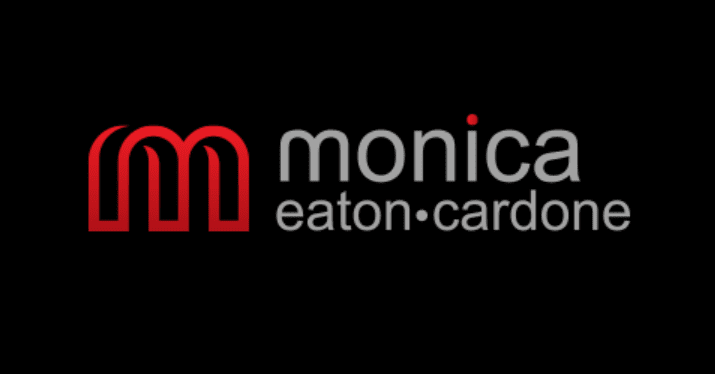Monica Eaton-Cardone, an entrepreneur and IT executive specialising in risk management and fraud prevention, warns that the sudden boom in eCommerce caused by government mandated social distancing and in-store business closures is already generating a sharp increase in fraud and chargebacks.
Eaton-Cardone explained that, “In the past few weeks, we’ve tracked an increase in overall chargebacks of about 23%. Some industries are experiencing more chargeback trouble than others. For instance, a dramatic rise in activity for online gaming sites produced an 18.3% increase in disputes since 1st March.
“A similar pattern holds true for digital content which saw a 75% surge in transaction volume from March undercut by a 31% increase in chargebacks.”
Discussing the hardest hit industries, Eaton-Cardone explained that no industry has felt the impact as intensely as the travel sector. Between February and April, some airlines saw chargeback issuances increase by 100%. Based on current trends, a carrier who received 50 chargebacks in January might have received 3,700 filings in February, then 4,500 in March and 5,000 by April. This also doesn’t account for refund claims, which still do not prevent the customer from filing a chargeback with their bank if they haven’t received their refund fast enough. Consumers may, in effect, receive two refunds if the merchant fails to dispute the duplicate claim after refunding the transaction.
More consumers are also finding themselves under financial pressure from the pandemic and are (to a greater extent than usual) committing so-called “friendly fraud” – opportunistically using the chargeback mechanism to claim back money they previously spent.
Eaton-Cardone believes that there is a definite need for chargebacks as a consumer protection method, especially during a crisis to help consumers recover losses from related issues, such as non-delivery or closed businesses. However, the recent surge in the illegitimate use of this process indicates a negative shift in consumer behaviour that needs to be stopped. Considering the rate of redundancies, furloughed staff and the impact on an individual’s income, the opportunity to utilise chargebacks to shrink credit card bills or increase bank balance has not gone unnoticed.
To make matters worse, merchants overstretched by order volume, short-staffing, and supply chain fulfilment problems are neglecting to dispute chargebacks, which is the most effective way to stop repeat friendly fraud behaviour. As a result, they are allowing the sales revenue, costs, fees and associated fines to be siphoned out of their bank accounts. Many businesses have virtually shut down, or are on an indefinite pause until this pandemic ends, they’re not contemplating the influx of unforeseen costs and damages that would strike from sales transacted up to 90 days before the COVID-19 crisis even began.
Eaton-Cardone says that this is not a sustainable strategy given the severity of the current economic situation and the impossibility of predicting both its duration and the terms of its resolution. Ecommerce merchants are stretched to the limit and need to focus on protecting their own businesses.
The best option in dealing with chargebacks in this situation, she suggests, would be for these merchants to seek assistance from a company specialised in handling disputes, where industry experts are able to clarify and mitigate every disputed charge.
In light of the pandemic and in response to this growing issue, Chargebacks911 has committed to supporting merchants by temporarily removing any constraints merchants face in outsourcing chargeback management. The company is providing near-immediate access to revenue recovery tools for merchants without the need for technical integration or ongoing full-time equivalent (FTE) resources. Its services include:
- No contract – to provide immediate support when needed throughout the duration of the crisis
- No technical integration – allowing merchants to connect to the platform for instant resolution and identification of friendly fraud abuse, as well as the ability to resolve chargebacks and recover revenues
- A paid-on-performance model – merchants only pay if their chargebacks are recovered and resolved
Eaton-Cardone concluded: “We want to do our best to help merchants survive this crisis. If you’re an online retailer – especially in a high-risk industry like travel or hospitality – you can’t just ignore the chargebacks that are coming in, and you can’t anticipate that tomorrow is going to be better. You need to prepare for the worst, because that’s the best way to make sure you’re there tomorrow, which is ultimately what your customers want.”
Merchants can better manage their chargebacks spanning from COVID-19 with virtually no upfront investment and safeguard their revenues in as little as a week. More information is available here: COVID-19 Chargebacks Relief Package.









